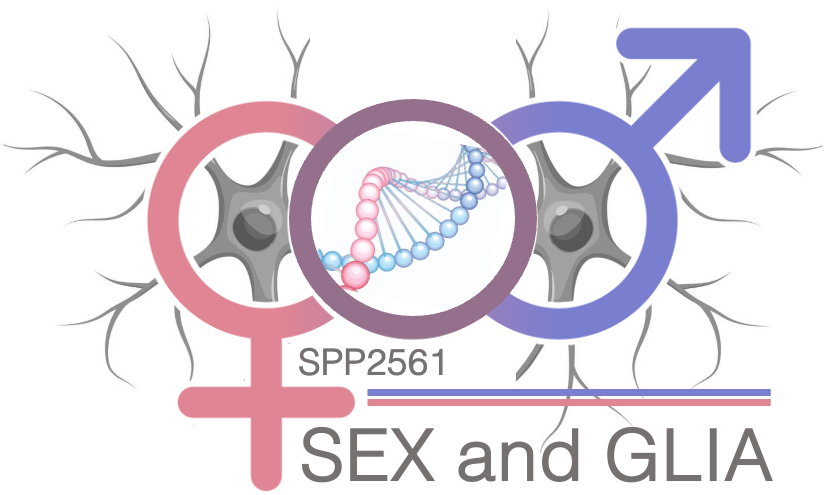The scientific and societal significance of biological sex differences has been largely overlooked in recent decades. Females have historically been-and continue to be-underrepresented in preclinical research, clinical drug trials, and drug development. A key reason to intensify research into sex-specific biology is the uneven prevalence, onset, and progression of many diseases, including neurological disorders. For example, some conditions such as autism spectrum disorder and Parkinson’s disease are more common in males, while others like major depressive disorder, Alzheimer’s disease, and multiple sclerosis are more prevalent in females.
Sex differences in the human brain represent a complex and crucial research area with profound implications for both health and disease. Brain masculinization is initiated by a surge in male gonadal hormones during the neonatal period, which shapes long-term brain structure by organizing neural circuits that later support sexual functions after puberty.
These sex-specific differences likely arise from a complex interplay of (epi)genetic and hormonal regulation in both neurons and glial cells. While research has traditionally focused on neurons, the sexual dimorphism of glial cells remains relatively underexplored, despite their essential roles for the survival and functionality of neurons, as well as the homeostasis of their activity.
To gain a deeper understanding of sex-specific brain differences in health and disease, it is crucial to thoroughly investigate the development and function of glial cells in both female and male brains. Although more research projects now include both sexes, a systematic approach to studying sex differences in neuroscience is still lacking.
The SPP 2561 SEX and GLIA program aims to address this gap with two main objectives:
· Understanding Sex-Driven Mechanisms in Glial Biology: To uncover fundamental mechanisms at the intersection of genetics and hormonal influences, with a focus on physiological, transcriptional, and epigenetic regulation.
· Deciphering Functional Consequences of Sex-Specific Glial Biology: To determine how genetic and hormonal differences between males and females affect glial cell function-ideally at the single-cell or cell-type level-and to link molecular changes to cellular phenotypes, thereby identifying transcriptional and epigenetic alterations that contribute to disease.
Hence, the SPP 2561 aims at combining expertise on glial biology, functional genomics, and computational biology to foster projects that allow major advances in understanding sex-specific roles of glial cells and their cross-talk with neurons and ultimately emergence of diseases.


Current status
In the coming months, the priority programs will be announced individually by the DFG in order to invite interested researchers to participate in the consortia. The DFG will review the incoming funding proposals for their scientific quality and their contribution to the respective main topic. Priority Programs are funded for a total of six years.


